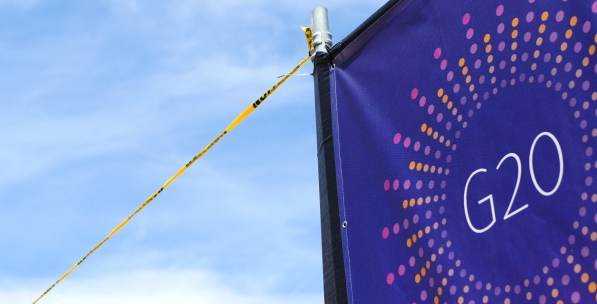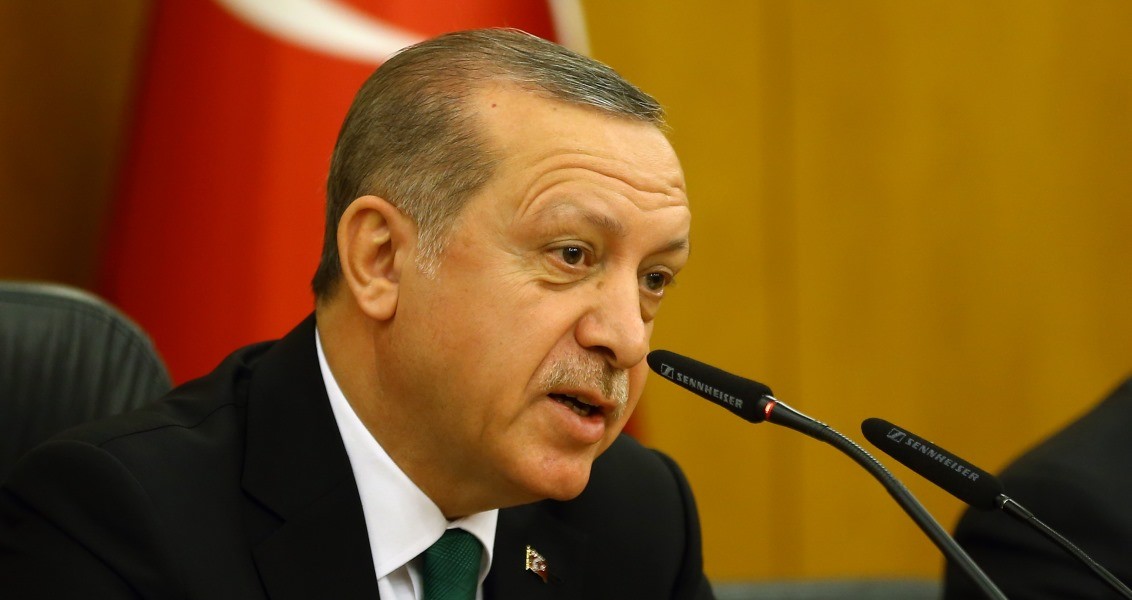Many developing countries faced severe financial crises after the second wave of financial globalization. Some economists argued that these crises occurred mainly due to the vulnerable and unstable nature of financial globalization. Developed countries, however, usually turned a deaf ear to such criticisms. Their gain from financial globalization deterred them from taking any steps towards reshaping the governance of global finance.
When criticism increased after the East Asian financial crisis, G7 countries (Canada, France, Germany, Italy, Japan, the United Kingdom and the USA) decided to create a new international forum (The Group of Twenty-G20) for cooperation and consolidation on issues mainly related to the global financial system. The G20 was founded in 1999. It was easier for developed countries to blame developing countries and to ignore the fault lines of the global financial system and, as a result, the G20 was not functional until the Global Financial Crisis (GFC). Since the onset of the GFC, the G20 is seen as the most powerful forum to lead global efforts to mitigate the effects of current crises and to avoid new ones in the future.
This analysis tries to evaluate the effectiveness of the G20 on changing the global financial landscape. Since the Washington Summit (2008), the G20 has made important progress in reshaping the governance of global finance. Among others, it has implemented macro-prudential policies; developed strict rules on the ‘too big to fail’ problem; increased the lending capacity of the IMF; and collected richer information on the shadow banking system.
Although the G20 has made substantial progress in implementing internationally consistent reforms, there is a lot that needs to be done in the future. IMF reforms are still waiting to be implemented. Another area in which the decisions of the G20 have been inadequate is increasing international safety nets. Although IMF resources have been increased, international safety nets are not enough to stabilize the global economy. Reducing the oligopolistic power of credit rating agencies is another vital issue. Although G20 leaders have expressed their willingness to reduce this power, no noteworthy step has yet been taken.









